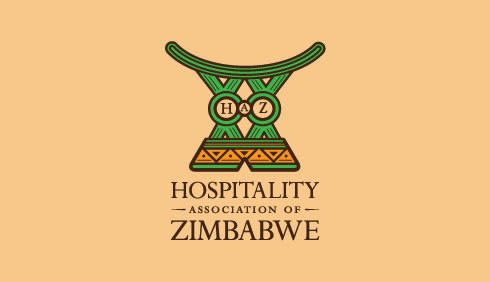
A top FBC Bank official has called on tourism businesses to familiarise themselves with the latest exchange control regulations to avoid potential pitfalls.
Exchange control regulations have often caused many challenges for local tourism players including de-registrations, increased costs, unfavourable product pricing, higher taxes, and ultimately, reduced tourists.
Speaking at the just-ended five-day Hospitality Association of Zimbabwe (HAZ) Leadership Summit, held in Masvingo, the local FBC branch manager Callisto Rukuni highlighted the importance of understanding and complying with foreign currency exchange regulations such as those on forex retention and liquidation.
Foreign currency retention thresholds remain standardised at 75% across all sectors except for small-scale gold producers.
Rukuni encouraged tourism players to factor in these regulations when pricing their products or services.
“I think a lot of times we have exchange control regulations coming through, and a lot of people have not been updating themselves in terms of the new requirements,” he said.
“People are still looking at the old things of yesteryear, and yet the new regulations are coming, and they are affecting the business.
“So, what I have noted in terms of exchange control has been a lot of times the clients in their pricing have not taken into account the aspect of the retention and also the amount that is also liquidated into your ZiG account when you do export your services, and you are paid for US dollars.”
- HAZ to tap into digital opportunities
- Tourism package remains elusive
- HAZ to tap into digital opportunities
- Tourism package remains elusive
Keep Reading
He emphasised the significance of maintaining foreign currency accounts, which enable businesses to hedge against potential currency fluctuations and ensure a steady flow of foreign currency.
“These are regulations that are there in terms of exchange control that maybe some are not aware of, but we need to familiarise ourselves with the new regulations that are there,” Rukuni added.
Some of the recent foreign currency regulations introduced in September include increasing and standardising the statutory reserve requirements for demand and call deposits for both local and foreign currency deposits from 15% and 20%, respectively, to 30%.
The Reserve Bank of Zimbabwe reduced the amount of foreign exchange an individual can take out of the country from US$10 000 to US$2 000.
Rukuni said careful planning was crucial in determining how the liquidated funds from the retention threshold would be utilised.
He urged businesses look at the overall financial picture, considering the impact of regulations on their pricing strategies and operational costs.
“In terms of the liquidation, I would not say it’s a cost-builder, but it is something that we can plan for knowing that we still have the money, but it just needs to be liquidated,” Rukuni said.
“So, we can’t say it’s a cost builder, but I would look at it from an official position that you have not lost money, but you have actually taken back the money in a different currency.”
Tourism Business Council of Zimbabwe chief executive officer Paul Matamisa said the growth of the sector was limited by the stringent policies.
“We have policies that do not consider how certain ministries like tourism would be affected and discourage investment, tourism is the most taxed business,” Matamisa said.
“The tax regime is quite heavy on the individuals, and corporates.
“You’ve got the IMTT (Intermediated Money Transfer Tax), VAT (value added tax), payee and corporate taxes. There is a need to revise the tax regime.”










